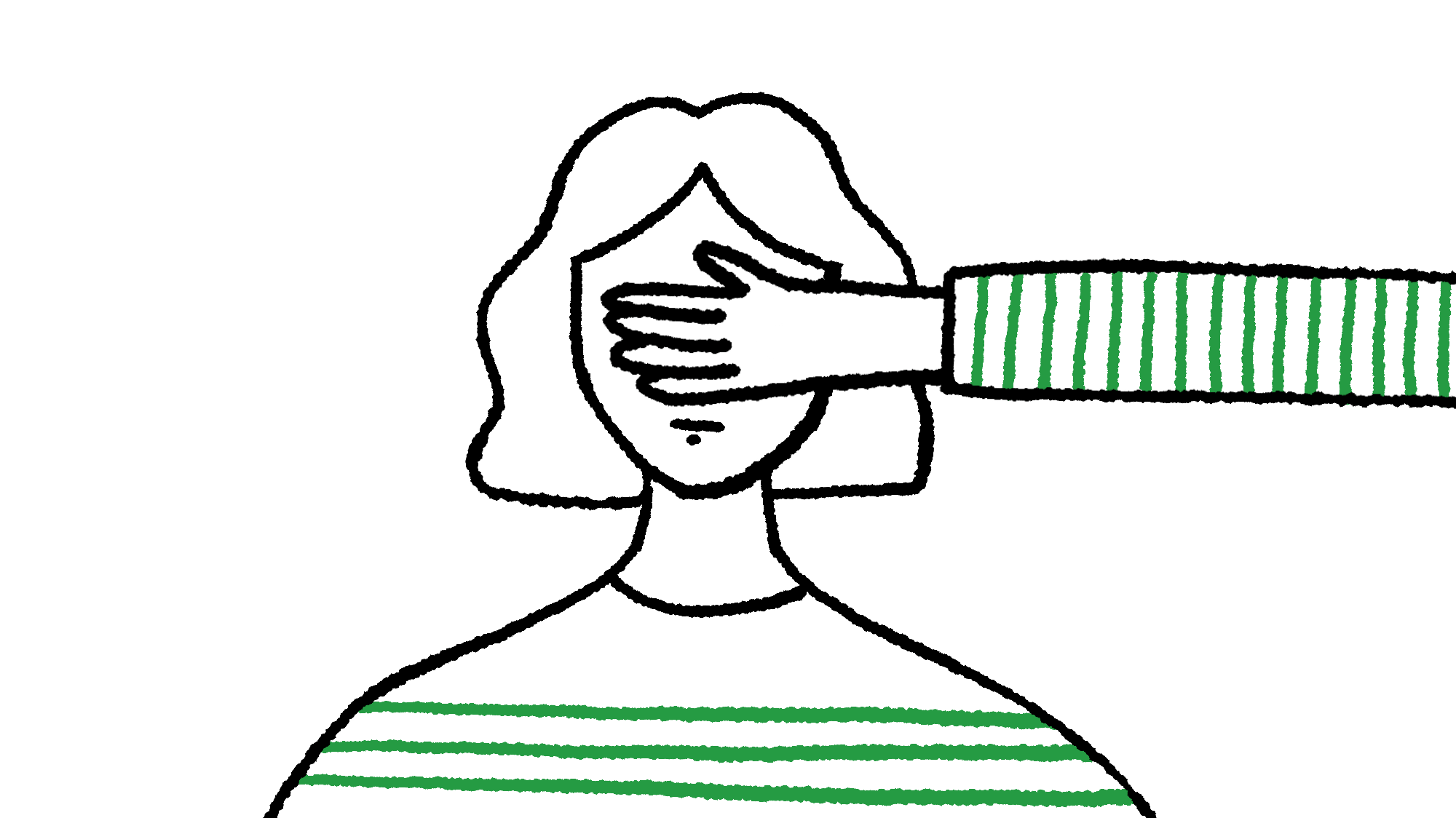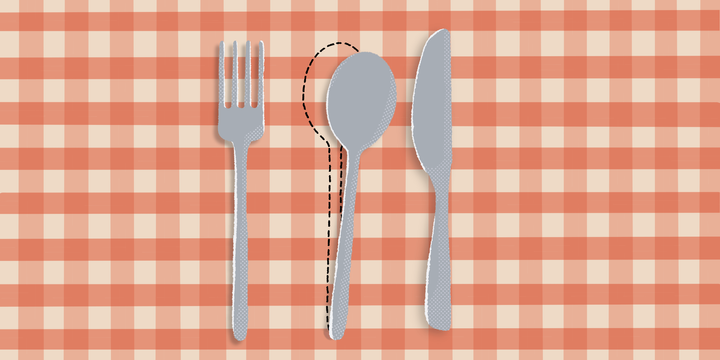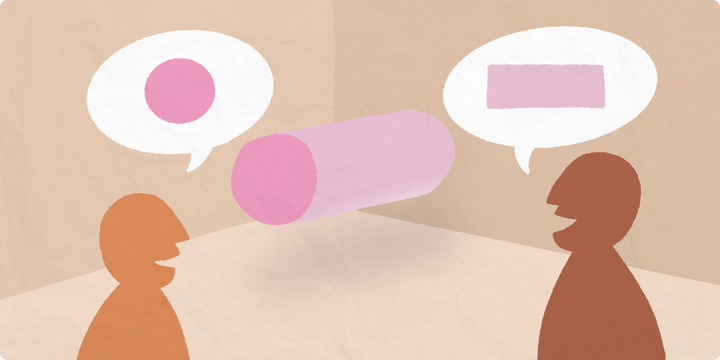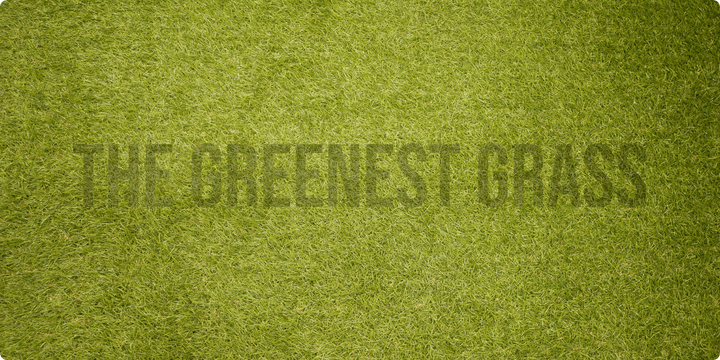Hardship Culture
On the Creative Practice as Survival and How It Might Well Be Our Instinct to Become Obsessed With the Very Thing We Most Need

The Cult of Hardships
I keep hearing how good writing requires original detail. How good writers are the ones who weave in details of their life when it's related to some trauma or deeply shared pain amongst some community. People of colour, victims of crime, having been adopted, having experienced homelessness, suffering from health conditions, having immigrated, having recovered from burnout, struggling with student loans, dropping out of school, having faced violence in the household, having experienced harassment in the workplace, all these things and so many more.
Although original detail can very much be about positives, it's like there's this focus on hardships. It's like we have to go directly in the negative, to find the pain, the suffering, the injustices. Why is it only with the negative that readers relate? Why is it the negatives that make a piece of writing 'strong'?
Yes hardships are a part of us but why do I get this sense that for an essay to be powerful, and noticed, it has to put most of the emphasis on that? What is that? Trauma culture? Hardship culture?
Look, I'm glad to witness that, generationally, we've gotten to a point of high awareness of and open conversation about trauma. Everyone and their mom has a therapist, people know where to set boundaries, we're acknowledging and recognizing communal trauma and systemic injustices. I'm all for it. But doesn't it seem negative? Can it even be considered vulnerable to 'open up' about something good?
Can it even be considered vulnerable to 'open up' about something good?
I’ve Had Too Good a Life
For a long time I thought I had too good a life to ever play that game. I thought I didn't have any hardships to tap into, or an interesting enough life to pull original detail from. I've had a great deal of luck (and privilege) in my upbringing, can't I just focus on that? That's shared experience too!
I can't be the only one whose parents made it a point to have them try a bunch of activities so they could find what they're interested in. I can't be the only one whose parents supported them in any undertaking they set their minds on. Like changing schools half way through high school, jumping out of and back into the private education system, making it into a quota-based bachelor's degree without technical training. Are these things hardships? No. (Actually, yes) Have they defined who I am today? Absolutely.
I've had hardships, of course. But I don't believe they define me as much as the good things I was given. Hardships made me a certain way, made me sensitive to some things, inevitably, but they don't hold the bigger part of the stick in defining me as a person. Because you can't control the hardships, whereas the positives, well, they are positive because you're the one who experienced them as such and they positively reflect what you were and what you wanted at the time.
I used to think, why can't I just 'open up' about the positive things that happened to me? We keep hearing about courage and vulnerability. Are these qualities exclusive to hardships? Is it brave to talk about how great a childhood you've had? Most people would say no because there's no resistance to opening up, no shame, no guilt.
Artists Must ‘Go There'
Maybe what makes the act courageous is 'going there' even if you think there's nothing there to be brave about. It's about un-belittling all the hardships, no matter how small. A lot of the talk these days is also around validating, feeling seen, feeling heard. Maybe the role we get to play, as artists, writers, is to 'go there' no matter how small just to try and touch one soul. Make someone else, if only one person, feel validated by our shared experience. So that they in turn stop thinking they have to diminish their hardships and can finally express them, look them in the eye to understand and grow from them.
Yes, my hardships might be small, but they're there. And they're a part of me and they still, to this day, dictate how I react to events and how I consider my place in the world. They're a part of me in that they define the path I've walked. They were given to me for a reason and they are my learning journey. All hardships are valid. If mine can make their way into some of my writing, somehow, then I'll gladly send out this signal for it to echo in other hearts.
Hardships Directly Correlate to the Resistance of the Creative Practice
Then, the more I thought about hardships, the more I realized they're intrinsically linked to the resistance I experience around this very practice. Sharing my writing has always been a great fear. And speaking up was always a challenge growing up. As the youngest child, I often felt like my voice wasn't being heard, or that it wasn't even worth trying. So this very practice, this work, this duty was given to me for a reason. It is my healing process.
A perfect mix of obsession and fear.
I love it as much as I hate it.
A back-and-forth of calling and resistance.
I want it as much as I loathe it.
When I came into this world, I was given, in one hand, an infinitely curious mind who'd have a lot to say through this gift of writing, this calling. And in the other hand, I was given the challenge of sharing my voice, speaking my truth in a family where getting heard was a constant battle, and even more so in a world where there is so much noise to cut through.
Speaking of family, it is also the very environment where I learned to be a good listener, and that has for sure shaped who I am as a writer. One who observes silently, who notices, who constantly takes in the world and tries to find hidden signals of truth in all the noise.
I was given the gift of curiosity and the fear of expression. The perfect tandem of opposing forces to keep me hard at work my whole life. The gift of information versus the fear of humiliation. Not feeling useful or worthy, but then having so much to say, so much to contribute.
The Only Way Out Is Through
It makes so much sense. Why would the hardship be totally unrelated to the gift. That'd be too easy. One would just lean fully into the gift, to the point of forgetting all about the hardship, since it'd never get in the way. No, they have to collide so opposingly that the only way out is through. Of course! How smart of life to have thought it this way. Give everyone the perfectly opposing combination of love and fear, and see who makes it through.
[Hardship and calling] have to collide so opposingly that the only way out is through.
Or maybe it's just us. Us who develop a passion, a love, for a practice or any kind of art or work that speaks directly to our hardships. Maybe we ourselves make it become this way, as a subconscious way to direct our energy towards healing. Practice, calling as survival. It might well be our instinct to become obsessed with the very thing we most need. Of course, we each have different motivations and subtleties to our stories but the same dynamic is unfolded. In that sense, I'd have that in common with all artists and writers. Choosing expression as craft to compensate for the voice we lacked growing up.
Practice as survival. It might well be our instinct to become obsessed with the very thing we most need.
Further Reading
- The notion of 'original detail' comes from Natalie Goldberg's Writing Down The Bones.
- The notion of 'resistance' in the creative practice comes from Steven Pressfield's The War of Art.



